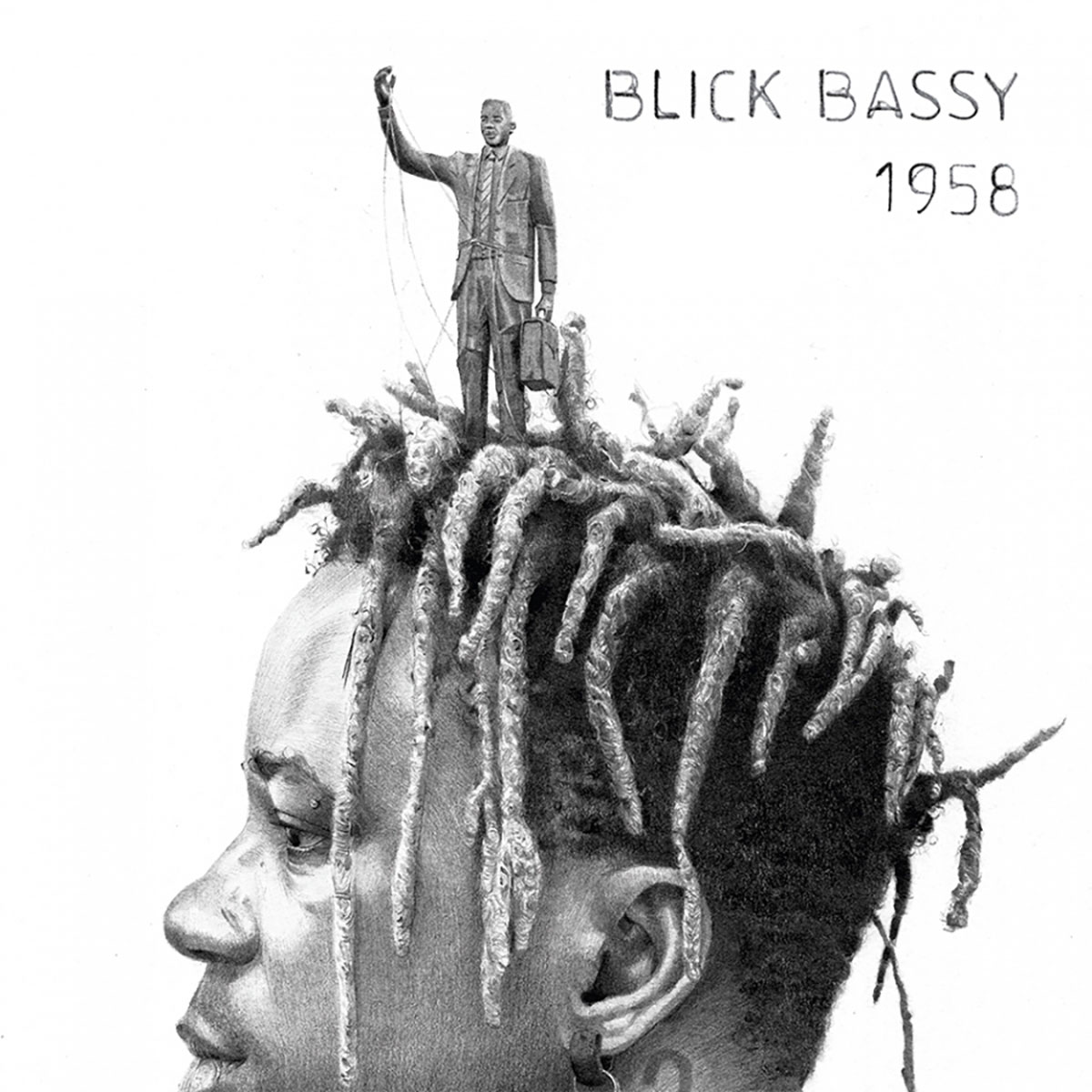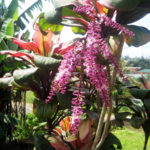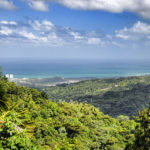
The absorbing, creative style of Blick Bassy surrounds every aspect of his latest release. 1958 is a concept album that celebrates the bravery of Ruben Um Nyobé, an inspirational hero who dedicated his life to fighting for Cameroon’s independence. He was tragically killed by French forces in 1958. Bassy sets out to remind Cameroonians about the importance of Nyobé and urges them to remember their history. He uses minimal blues inspired compositions to provide a foundation for his vocals, often soft and smooth, but at times expansive and pushed to the limit. He writes lyrics mostly in the Bassa language and uses a percussive pulse to deliver his songs with popping guitar and cello patterns. Horns and electronics round out the instruments to make a set of contemporary tracks that do not rely on drums for rhythm.
The CD opens with wild, building tension on “Ngwa.” Horns and cello provide the foundation for Bassy’s velvety voice. The tapped cello and horns assert themselves during the chorus and make for a dramatic opening. Bassy sings about what has happened since Nyobé’s death. His silky vocals rise to the breaking point towards the end, baring his soul on the record.
A cyclic picked guitar riff rides along underneath Bassy’s sweet voice on “Ngui Yi.” The song reflects on the revolutionaries hiding in the rainforest. “Kundé” is a playful song that informs of the legacy that Nyobé left behind.
“Woñi” pops with horns and a gentle picked pattern. The song alludes to a population imbibing alcohol while they live in anxiety. The trombone solo even sounds a bit tipsy to illustrate the meaning. “Mpodol” is the nickname of Nyobé, which translates to “one who carries the voice of the people.” This reflective song turns on today’s Cameroonians who serve their own interests before others.
The soft, minimal arrangement of “Lipém” is striking. Bassy’s voice sounds angelic over a simple repeated pattern with some ambient synth harmony. The horns again provide strong supportive phrases and the emotion evoked in this song leaves a lasting impression. “Sango Ngando” features a muted popping guitar and playful electronics. Here Bassy tells the tale of a young man whose primary interest is seduction and flirtation.
“Maqui” speaks of Nyobé’s bravery. The track builds throughout and towards the end Bassy’s voice cracks with intensity. The climax conveys the deep heartfelt praise of a hero. “Pochë” features an electric guitar drenched in reverb. The song targets those who sold out Cameroon. Here again the raw emotion of Bassy’s powerful voice is striking. His ability to convey a point by intensifying his voice is noteworthy.
“Bés Na Wè” is a delicate, reflective song that invites everyone to come together to discuss things rather than point fingers. “Where We Go” features a repeated cello pattern and some English lyrics as Bassy asks where we go from here. The open-ended feeling of the track feels like a natural closing point, finishing the set of Nyobé inspired songs.
This project is expertly executed. Bassy is dynamic with his brass arrangements and his vocals and the contiguous style he implements throughout 1958 makes this sound like a concept album. While the record sounds gentle most of the time, it has moments of ferocity that really stand out. Bassy honors the legacy of Ruben Um Nyobé with an inspired musical statement.
Originally published in RootsWorld Magazine.




Be First to Comment